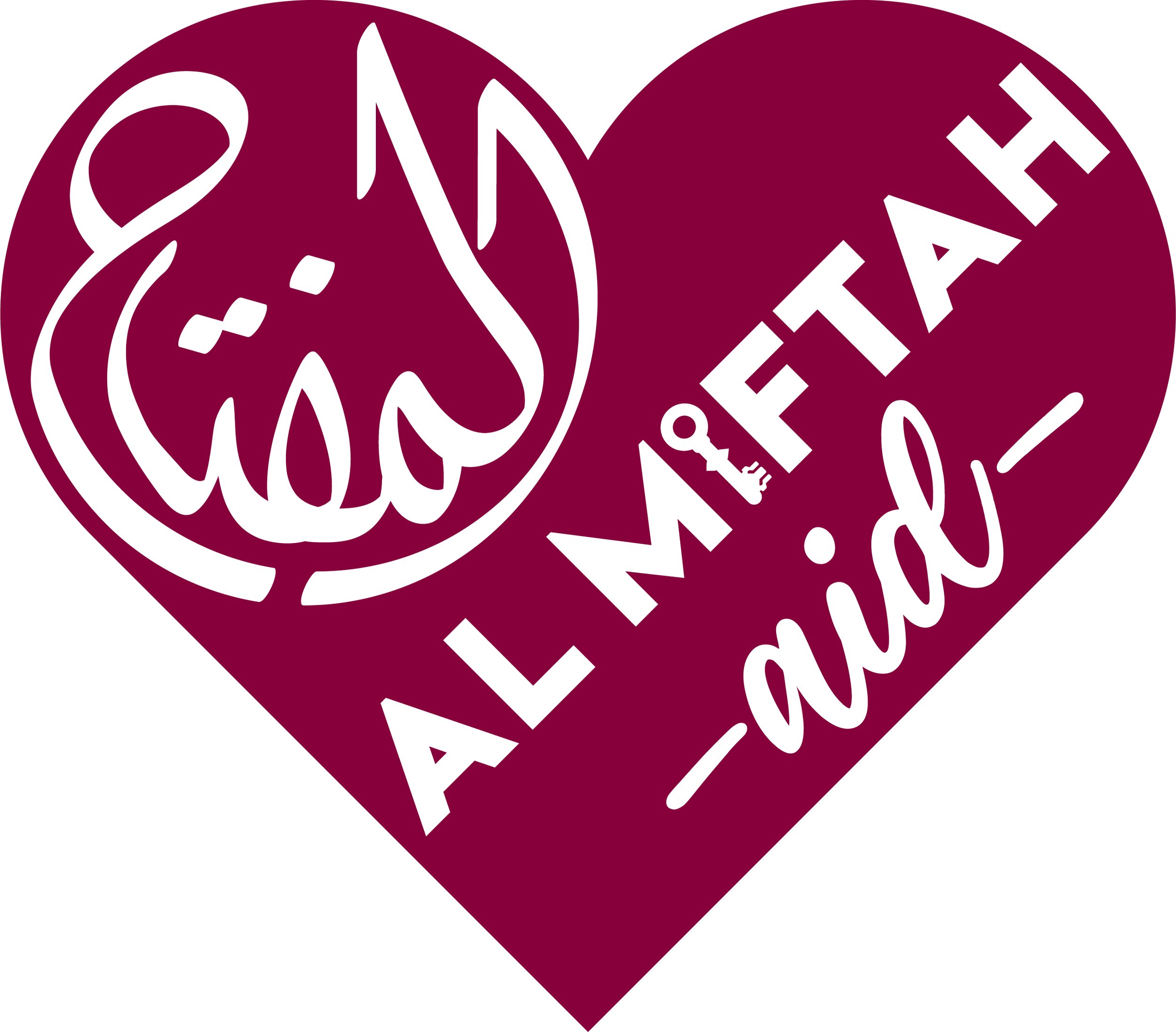Zakah
“Yet you shall duly establish the Prayer. And you shall give the Zakât-Charity, and therewith lend God a most goodly loan. For whatever good you advance for your souls, you shall find its reward with God in the Hereafter; yet it shall be far better and much greater in reward.” [73:20]
What is Zakah?
Zakah is the second pillar of Islam. It is an obligation that an individual has to donate a certain portion (2.5%) of their wealth each year to a charitable cause.
Linguistically, Zakah means ‘purification’ and ‘growth.’ Both of these two meanings are considered in the word as it purifies the person his sins and bad traits and it increases the person in his reward and good traits.
It is important to note that intention of giving Zakah is a must at the time of paying Zakah or when putting it for a later distribution.
Who needs to pay it?
It is obligatory on every free, mature and sane Muslim who owns wealth equivalent to a certain amount or above (known as nisab) which a year has passed over it. They must pay 2.5% of their total zakatable assets.
It is not obligatory:
On a minor, insane person and a slave who has not yet bought his freedom.
A person whose debt is equal or more than his zakatable assets. However, if his wealth is more than his debt, then he gives minimum zakah.
Assets which Zakah is given on
Gold and silver
Cash at home, in banks or saving accounts
Funds saved for future needs
Any stocks and shares that you own
Total value of any income generated from renting out properties
Value of any debt you have acquired that you expect to be returned
Anything you have purchased to sell: merchandise.
There is no Zakah upon:
Residential houses
Clothes which one wears
Household goods
Riding animals / cars
Slaves for personal service
Precious stones not for business purposes
Who is entitled to Zakah?
The poor person - who has less than the amount which obligates Sadaqah tul Fitr (in the nisab of Sadaqah tul Fitr. Extra belongings are included such as, extra clothing and household items).
The needy / destitute - a person who has nothing at all
Administrators of Zakah - The ones who have been appointed by the Khalifa to guard, record and distribute the Zakah.
To free slaves - the slaves that wish to free themselves but not have the means to do that.
Those in overwhelming debt - to themselves or others.
For Allah (swt)’s cause - those who are fighting in the cause of Allah (swt) and have nothing for themselves.
The ones whose hearts are inclined towards Islam.
The wayfarer - someone who has wealth in his own land but he is in another place and has nothing.
Those who are not entitled to Zakah
Dhimmi
A mosque should not be built with it
Deceased cannot be shrouded with it
A slave cannot be bought to be set free with it
Wealthy person
Ones own father or grandfather and however high the generation line goes upwards
Ones own son or grandson and however low the generation goes
Ones own mother or grandmother
His own wife / her own husband
His own slave
Son of a wealthy person
Banu Hashim (family of Ali, Abbas, Ja’far, Aqil, Harith ibn Abd Muttalib (ra) or their free slaves).
What is Nisab?
Nisab is the threshold for which a Muslim person’s wealth must be above if he / she is eligible to pay Zakah. There are two nisab values from which the threshold is determined. They are:
Gold
Silver
As the value of gold and silver fluctuate, so does the threshold of nisab. Therefore, many Zakah distributors always update their value of gold and silver nisab.
A person can use tools such as the Zakah calculator to help him / her determine how much Zakah is needed to be paid.
When should I pay my Zakah?
A misconception that many have is that Zakah should be paid during the month of Ramadan. However, this is incorrect. Having said this, many Muslims pay it during this time due to the abundant blessings and reward linked to it. Zakah is to be paid when your wealth exceeds the nisab threshold for one full Islamic year from the point where your wealth first reached or exceeded the threshold.
The Zakah should be calculated according to how much wealth you have at the end of the year even if it fluctuated during the year. According to the amount that you have at the end of the year, Zakah will be given upon that.
How much Zakah Do I Need to Pay?
Zakah you owe is calculated on the following:
2.5% of personal wealth and annual savings
5% of farmers assets where the farmer has funded the irrigation of his crops
10% of farmers assets where the farmer’s crops have been irrigated by rain.
Our Checks
When distributing your Zakah to those in need in order to get your Zakah to the right place, we have a few procedures in place to verify those eligible for Zakah. These are as follows:
If they fall into the category of those in need of Zakah, we verify their IDs.
We also distribute to the orphans and those in need
We ask the reason Zakah is needed in order to calculate what category they fall into for Zakah.
When we allocate an amount for each family, we set up monthly instalments for it to be paid so that it is enough to get by daily for the entirety of the year.
Those who are in urgent need, they are paid the Zakah in one go.
Note: Zakah tul Fitr is different to Zakah. Zakah tul Fitr must be paid during Ramadan, whereas, Zakah can be paid throughout the year upon reaching nisab.

